Unleashing the power of hybrid intelligence: Driving industries into the future
Table of contents
- Electrifying the workforce: Audi sparks hybrid intelligence with 500 new electric mobility jobs at its Ingolstadt location
- Hybrid intelligence — Where humans and AI spark a new era of brilliance
- The power of hybrid intelligence in revolutionizing industries
- Empowering employees for successful adoption of hybrid intelligence: A guide for HR leaders
- Get started with Human-AI collaboration with hybrid intelligence
Electrifying the workforce: Audi sparks hybrid intelligence with 500 new electric mobility jobs at its Ingolstadt location
The automotive industry is undergoing a revolutionary transformation with the rise of electric mobility. Audi, a leading German car manufacturer, has recently made a significant stride in this direction by creating 500 new jobs dedicated to electric mobility at its Bavaria location. This move underscores Audi’s commitment to embracing electrification and highlights the emergence of hybrid intelligence as the new frontier in automotive innovation.
As the world recognizes the need for sustainable transportation solutions, integrating human expertise and artificial intelligence promises to redefine the driving experience, paving the way for a future where hybrid intelligence takes center stage.
Curious about the evolving job landscape and in-demand skills in the automotive industry? Look no further!
Get a detailed and extensive job market analysis of over 18,500 job vacancies and over 4,000 skills within the IT and engineering departments of automotive companies in the DACH region.
Hybrid intelligence — Where humans and AI spark a new era of brilliance
Hybrid intelligence, a captivating amalgamation of human ingenuity and artificial intelligence, is redefining the boundaries of innovation.
Picture a scenario where a self-driving car, equipped with advanced sensors and algorithms navigates through bustling city streets with utmost precision. As it encounters a pedestrian crossing the road, the hybrid intelligence system seamlessly combines the power of AI to detect and analyze the pedestrian’s movements while relying on the human-like decision-making capabilities of its human counterpart to assess the situation.
The power of hybrid intelligence in revolutionizing industries
The perfect blend of human intuition and AI-driven algorithms represents the epitome of hybrid showcasing its remarkable potential for reshaping how we work, learn, and interact in the modern world.
Embracing hybrid intelligence as a fundamental component of digital transformation initiatives is key to unlocking untapped potential and achieving transformative outcomes. By harnessing the power of both human and machine intelligence, organizations can streamline processes, enhance productivity, and stay ahead in today’s rapidly evolving technological landscape.
Empowering employees for successful adoption of hybrid intelligence: A guide for HR leaders
According to Salesforce, nearly 75 percent of employees feel they need to be equipped to learn the digital skills necessary for the future of work. Yet despite these concerns, only 28 percent are involved in digital skills learning and training programs.
In digital transformation, the fusion of Machine Learning (ML) and Robotic Process Automation (RPA) has revolutionized organizations’ operations. These technologies have significantly lowered the barriers to automating tasks previously performed by humans. However, the key to unlocking their full potential lies in understanding the importance of hybrid intelligence — the harmonious combination of human and machine intelligence.
While ML and RPA offer unparalleled computational capabilities, they often lack the human qualities of intuition, creativity, and contextual understanding. Hybrid intelligence bridges this gap by synergistically blending humans’ cognitive abilities with machines’ processing power. By leveraging the complementary strengths, organizations can achieve optimal results and drive successful digital transformations.
As HR leaders, your role in implementing hybrid intelligence within your organization is crucial for facilitating a smooth transition and empowering employees to embrace this transformative approach. The following framework outlines the steps and resources from HRForecast that you can take to support employees in adopting hybrid intelligence effectively.
Awareness and education
Start by raising employee awareness about the concept and benefits of hybrid intelligence. Provide comprehensive training sessions and workshops to help them understand this transformative approach’s principles, applications, and potential impact. Educate employees about how their expertise and skills complement AI technologies and how hybrid intelligence can elevate their work and decision-making processes.
HRForecast resource: Explore the future of learning and development guide to uncover its profound influence on organizational growth, productivity, and sustainability.
Skill development and upskilling
To enable the successful adoption of hybrid intelligence, it is crucial to focus on employee skill development and upskilling initiatives. Identify the specific skills and competencies that will be valuable in working alongside AI technologies. These may include data analysis, critical thinking, problem-solving, creativity, and collaboration. Offer targeted training programs, online courses, and resources to help employees acquire and enhance these skills.
HRForecast resource: Discover the power of timely skills gap identification in fostering transparency, maximizing ROI investments, cultivating a future-proof workforce, and gaining a competitive advantage.
Promote a culture of collaboration
Encourage a collaborative culture that fosters teamwork and knowledge sharing. Emphasize the importance of cross-functional collaboration between employees and AI systems to leverage the full potential of hybrid intelligence. Facilitate opportunities for employees to collaborate on projects that involve AI technologies, enabling them to learn from each other and collectively drive innovation.
HRForecast resource: Unleash the collective potential of a multigenerational workforce and AI integration to foster collaboration, drive innovation, and maximize results.
Redefine roles and responsibilities
With the integration of AI technologies, certain job roles and responsibilities may evolve or change. Engage in proactive communication with employees to redefine their roles, highlighting the new opportunities and possibilities that hybrid intelligence brings. Ensure employees have a clear understanding of how AI will augment their work and how they can leverage their unique human skills in conjunction with intelligent systems.
HRForecast resource: Elevate career growth by downloading our checklist to create a comprehensive development plan, incorporating proactive communication to redefine roles amidst AI integration, and empowering employees to leverage their unique human skills in synergy with intelligent systems for optimal outcomes and embracing new opportunities.
Supportive leadership and change management
Effective change management is crucial for successful adoption. HR leaders should provide strong leadership and support throughout the transition process. Communicate the vision, benefits, and goals of hybrid intelligence adoption, addressing any concerns or resistance from employees. Create a supportive environment encouraging experimentation, risk-taking, and learning from failures.
HRForecast resource: Empower change management and foster development by effectively communicating the vision, benefits, and goals of hybrid intelligence adoption, utilizing our template for leadership development.
Ethical considerations and trust
As hybrid intelligence become an integral part of an organization’s operations, it’s essential to prioritize ethical considerations and establish trust with employees. Foster transparency by ensuring employees understand the ethical guidelines and principles governing the use of AI technologies. Encourage open dialogue about any concerns related to privacy, bias, or fairness and emphasize the responsible and ethical use of hybrid intelligence.
HRForecast resource: Discover the key role of HR in creating an ethical and trusting work climate amidst the integration of hybrid intelligence, fostering transparency, addressing concerns, and emphasizing responsible AI use —check out this blog post for valuable insights!
Get started with Human-AI collaboration with hybrid intelligence
No matter how advanced machines become, the role of humans in decision-making remains indispensable, as exemplified by the healthcare field, where the combination of human expertise and technology leads to superior outcomes. For instance, a study conducted by Stanford University Medical Center found that radiologists aided by artificial intelligence (AI) achieved higher accuracy in detecting breast cancer than AI alone or radiologists alone, highlighting the power of human-AI collaboration in medical diagnosis.
Therefore, it’s crucial to remember that data-driven techniques should also recognize their limitations and involve human decision-making when necessary. Hybrid intelligence embodies the spirit of collaboration, where people, data, and software augment each other’s strengths. Through this symbiotic relationship, organizations can harness the true potential of hybrid intelligence and drive successful task and process automation initiatives.
At HRForecast, we recognize the significance of hybrid intelligence in empowering organizations to make informed decisions and drive effective digital transformation. Book a consultation with us to learn how we can help combine human expertise, data-driven techniques, and cutting-edge software solutions that enable your organization to unlock new opportunities, enhance productivity, and achieve sustainable success in the ever-evolving technological landscape.
Stay up to date with our newsletter
Every month, we’ll send you a curated newsletter with our updates and the latest industry news.


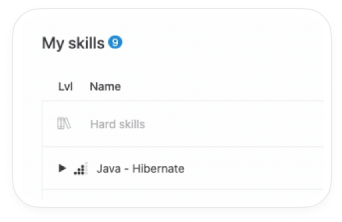










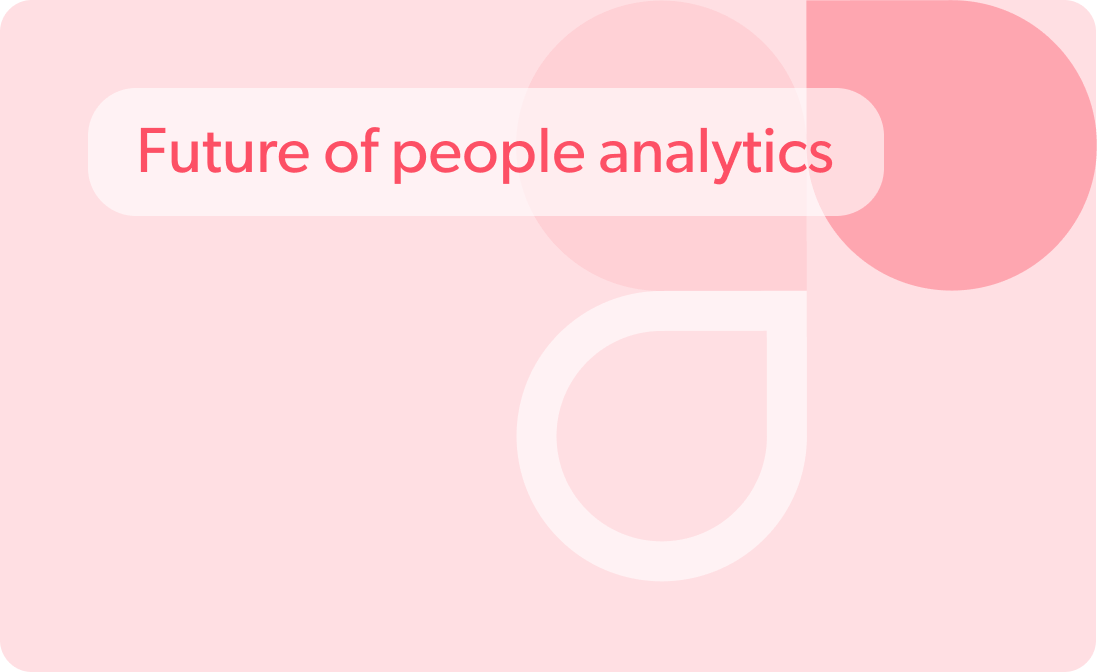
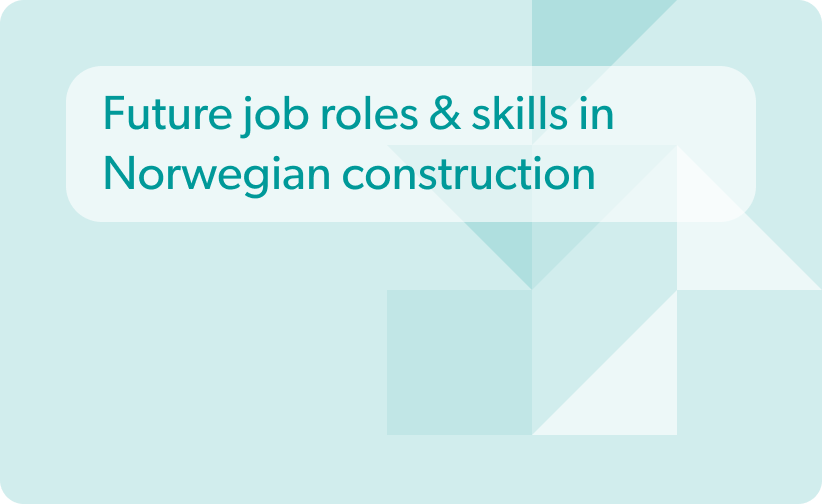
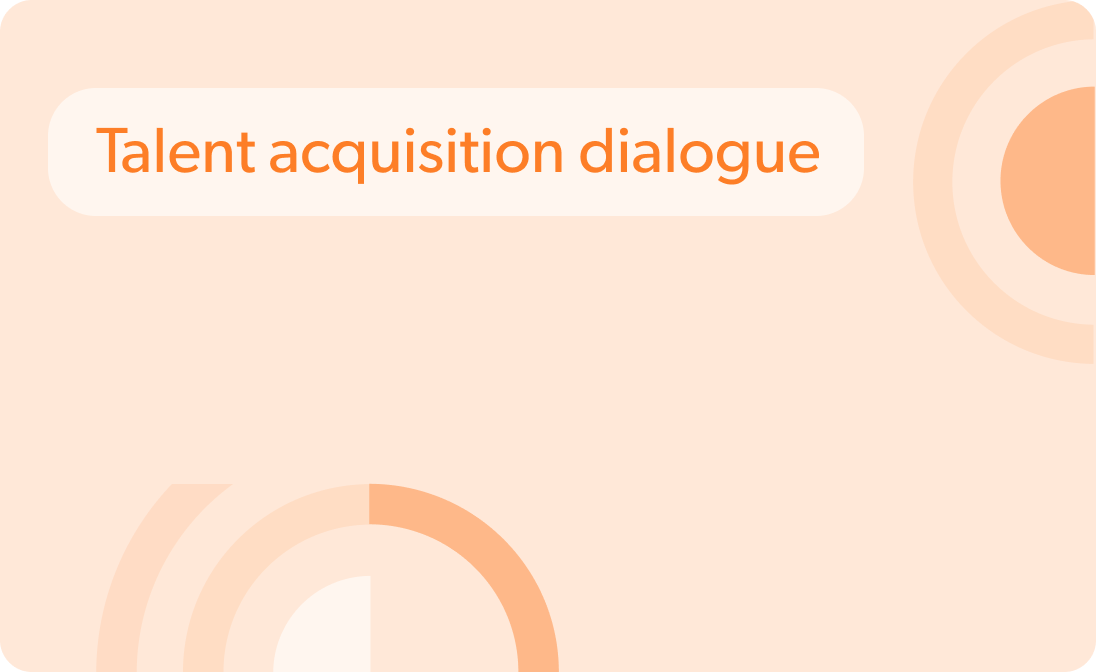











 info@hrforecast.de
info@hrforecast.de
 +49 89 215384810
+49 89 215384810






